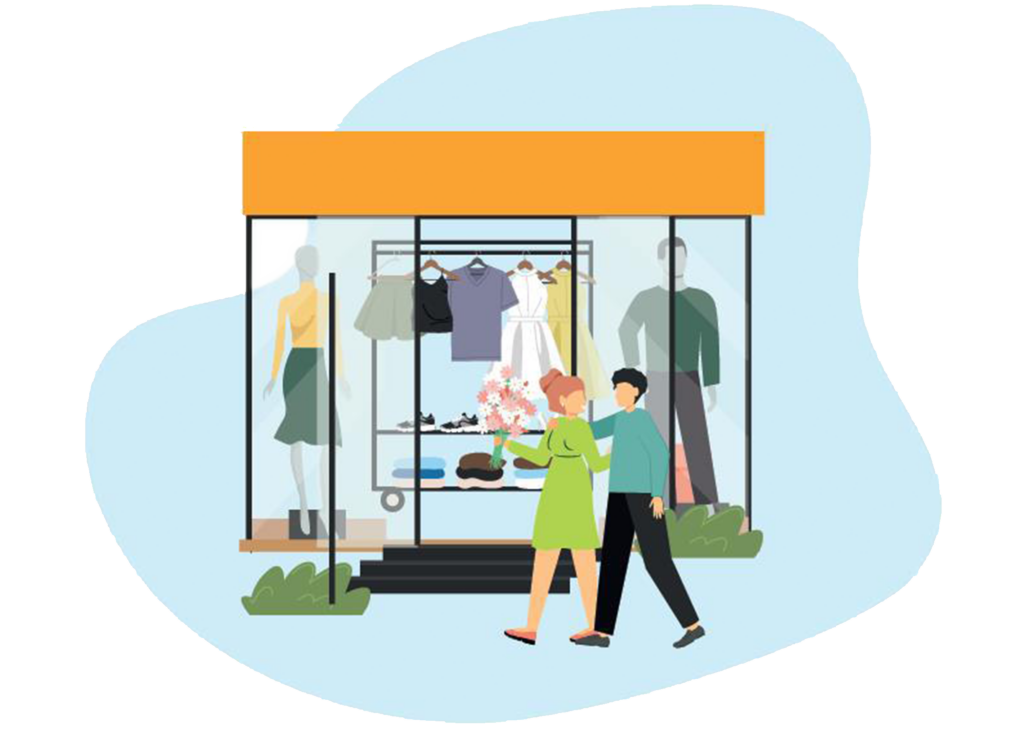RISE: Why Evidence Matters
MRI Rise: Why Evidence Matters
For those experiencing rough sleeping and homelessness, engaging with services and beginning on the path towards permanent accommodation can be a complex journey. It is the responsibility of all service providers involved in this pathway to work together to produce the best outcomes for their customers. Beyond an individual level, the records a local authority keeps of the journey from street to home serve to build and commission better, more robust services. A clear trail of evidence is essential to ensuring that progress continues to be made and funding can be allocated appropriately. Estimates made in 2018 worryingly predicted that if the status quo on homelessness continued in the UK, that by 2041 the number of people experiencing homelessness could double. 2020 has undoubtedly shaken these forecasts, but there is still much to be seen as to the impact that emergency schemes such as ‘everybody in’ have had in moving rough sleepers into more stable accommodation.
“If you are passionate about making a difference to mankind, you will only succeed in that by following the evidence of what works.”
RT Hon Norman Lamb MP
MRI developed Housing Jigsaw Rise, the UK’s only software module for managing the rough sleeper pathway from end-to-end. A core element of this module is to facilitate and evidence partnered work between housing, health and social services. Joint working between LAs, for example and the NHS and CCGs (Clinical Commissioning Groups) can produce outcomes that show the benefits of making these relationships more seamless.
“Improving the consistency, detail and breadth of data collected would be of considerable value and contribute to a much better understanding of the costs of homelessness, which would benefit policymakers, local authorities and others involved in the tackling of homelessness.”
St Mungos
Five commissioning principles
1. Assess Needs:
Engage with third sector organisations and experts well in advance of commissioning to understand the needs of service users and the wider community.
2. Design Services:
MRI takes advantage of different skillsets to build solutions that put outcomes for an individual at the heart of a service, whilst making the process as practical as possible for frontline workers.
3. Source Providers:
Building relationships with a broad range of suppliers who conduct work in hard-to-reach groups, making sure processes for tender are fair, transparent and balance quality of service with cost.
4. Deliver to users:
Engage with those seeking permanent accommodation, recording steps in the process and measuring outcomes as individuals make their journey from street to home.
5. Monitor and Evaluation
Seek feedback from organisations, services and communities. Evaluate it alongside available data to recognise shortcomings and spot good patterns to establish long-term contracts with services that work.
The Rise pathway
Rise is a pathway module, fully supporting the rough sleeper and single homeless journey from street to home. Rise is the “ability to determine your commissioning, to look at the cost effectiveness of your commissioning, to pinpoint on a map where your rough sleepers are, to capture all your evidence around your counts and estimates. Rise is there to capture how you deliver SWEP, how you work in partnerships, how your partners record their SWEP provision – what’s included, what isn’t, who stays where on what night – how you then move your rough sleepers into supported accommodation, the support that’s provided for them whilst they’re in that accommodation, and whether that’s stage one, stage two or stage three, and then how you move them on from that into their own accommodation that they can sustain. That’s Rise.”
The Rise pathway facilitates the management of individual journeys; a vitally important element, but not the whole story. Analysing all those journeys together against uniform benchmarks can help local authorities set clear objectives to get people safely from street to home.
“Administrative data may represent the best single option for understanding rough sleeping and tracking the experience and extent of rough sleeping over time and may be more effective than street counts.”
Centre for Housing Policy 2018
Local authorities hold the responsibility for improving the lived experience of us all. Achieving this within tight funding restrictions is an ongoing challenge and when it comes to homelessness services, cannot be done without strong partnership working with other public agencies and third sector organisations. Rise facilitates multi-agency working to contribute to the outcomes of an individual’s journey from street to home. The data that is collected along the way can be used to evidence commissioning outcomes, set priorities and determine funding. As the Centre for Homelessness Impact wrote at the beginning of 2020, “Now more than ever local leaders need support to think big, use evidence, be bold, and uncover and test inventive and shareable solutions.
[On-Demand Webinar] Navigating the shift in footfall trends, consumer behaviour, and economic challenges
MRI Springboard’s webinar looked back at how retail destinations have performed since the start of 2023 with a focus on: The effect on footfall of hybrid working and economic challenges which include ongoing inflationary pressures, the cost of living…

